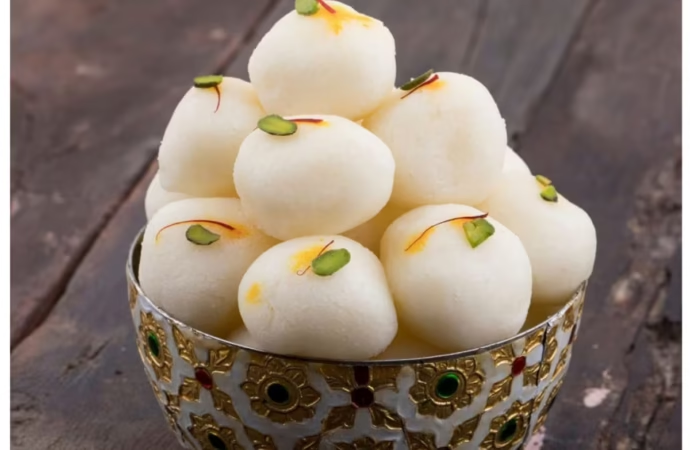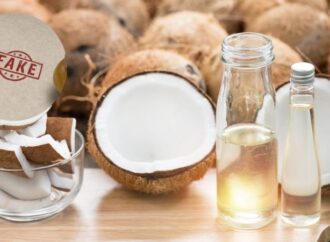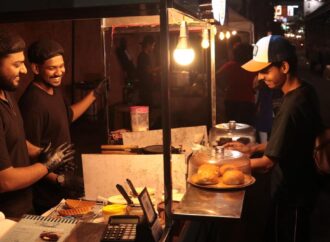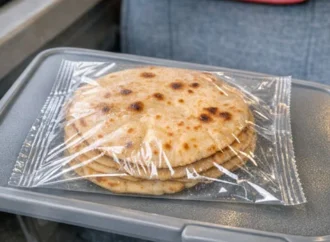Key Development
With the festive season approaching, growing cases of food adulteration have sparked genuine concern over the quality of sweets and dairy products available in the market.
In a recent raid in Jhansi, the Food Safety and Standards Authority of India (FSSAI) seized and destroyed around 1,500 kilograms of rasgullas and other sweets found to be adulterated with starch. Acting on reports, the Uttar Pradesh Food Safety Department conducted a major operation during which officials raided a local sweet shop and confiscated spoiled and unsafe food items, including khoya (dried evaporated milk solids), milk cakes, and rasgullas. On-site testing using a mobile laboratory confirmed the presence of starch adulteration. All contaminated products were subsequently buried to prevent consumption.
Why Starch Adulteration Is a Concern
Experts warn that consuming adulterated sweets can cause several health problems. Starch, a carbohydrate, adds unnecessary calories when used excessively in sweets. Over time, this can lead to weight gain. Since starch quickly converts into sugar, it can also raise blood sugar levels, posing risks for people with diabetes or insulin resistance.
According to reports, excessive starch intake generally causes mild but uncomfortable digestive issues, such as bloating, flatulence, diarrhoea, nausea, and constipation. These symptoms typically occur when resistant starch—the portion that escapes digestion in the small intestine—is fermented by gut bacteria, resulting in the production of gases and short-chain fatty acids.
How to Identify Genuine Sweets and Avoid Adulteration
To ensure safety, the FSSAI has laid out a few simple indicators of good-quality rasgullas:
- A fresh, moderately sweet taste with no floury texture.
- A soft, round, and white appearance, fully soaked in syrup.
- When pressed, it should feel spongy and smooth, without lumps or hardness.
Quick Tips to Detect Adulteration
- Check the texture: A genuine rasgulla should be soft and bouncy. If it feels hard, rubbery, or like a ping pong ball, it may have been machine-made or adulterated with chemicals.
- Observe the colour: An unusually bright or yellowish tint can indicate the use of artificial dyes or chemicals.
- Verify FSSAI certification: Always purchase from licensed shops. Look for the FSSAI logo, license number, batch details, and expiry date on the packaging.
Source: The Times of India
 Food Manifest
Food Manifest 


















